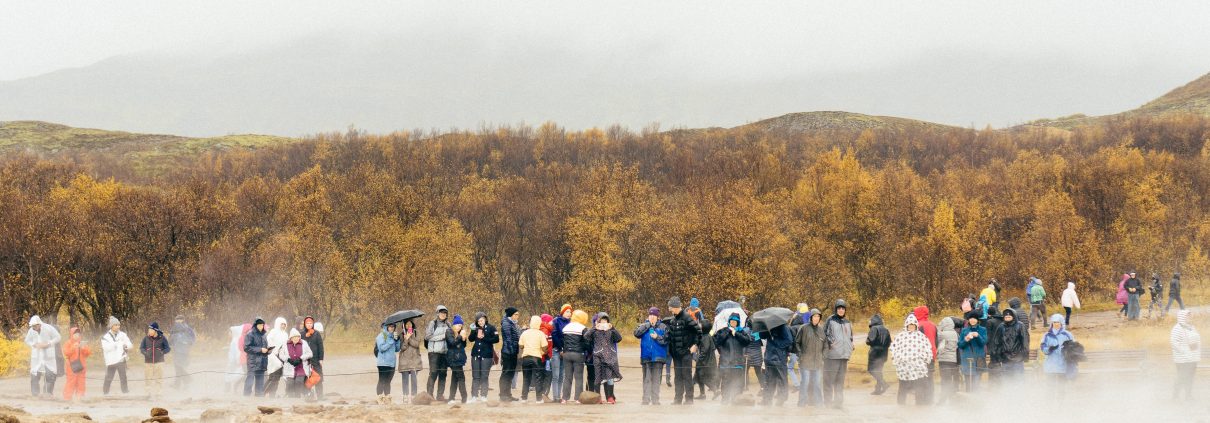Climate Change Disaster Top Threat to Economy in 2016
A catastrophe caused by climate change is seen as the biggest potential threat to the global economy in 2016, according to a survey of 750 experts conducted by the World Economic Forum (WEF). A failure of climate change mitigation and adaptation was seen as likely to have a bigger impact than the spread of weapons of mass destruction, water crises, mass involuntary migration and a severe energy price shock—the first time in the 11 years of the Global Risks report that the environment has been in first place.
The report, prepared by the WEF in collaboration with risk specialists Marsh & McLennan and Zurich Insurance Group, comes a month after the signing of the Paris climate agreement. The report cited links between climate change and involuntary migration or international security, noting that these often had “major and unpredictable impacts.” Espen Barth Eide, the WEF’s head of geopolitical affairs, said there was a risk of Europe fragmenting as a result of “people on the move.”
The WEF said the broad range of risks—from environmental to geopolitical and economic—was unprecedented. When asked which risk was most likely to materialize in 2016, respondents chose large-scale involuntary migration. This is not surprising after last year’s refugee crisis, in which hundreds of thousands of people arrived in Europe fleeing conflicts in the Middle East and north Africa. On the respondents’ scale of concern, involuntary migration was followed by extreme weather events, climate change, interstate conflict with regional consequences, and major natural catastrophes.
John Drzik, president of Marsh Global Risk and Specialties, remarked that the refugee crisis, “…is widening the backdrop of uncertainty against which international firms will increasingly be forced to make their strategic decisions. The need for business leaders to consider the implications of these risks on their firm’s footprint, reputation and supply chain has never been more pressing.”
For the full article:
CLICK HERE


